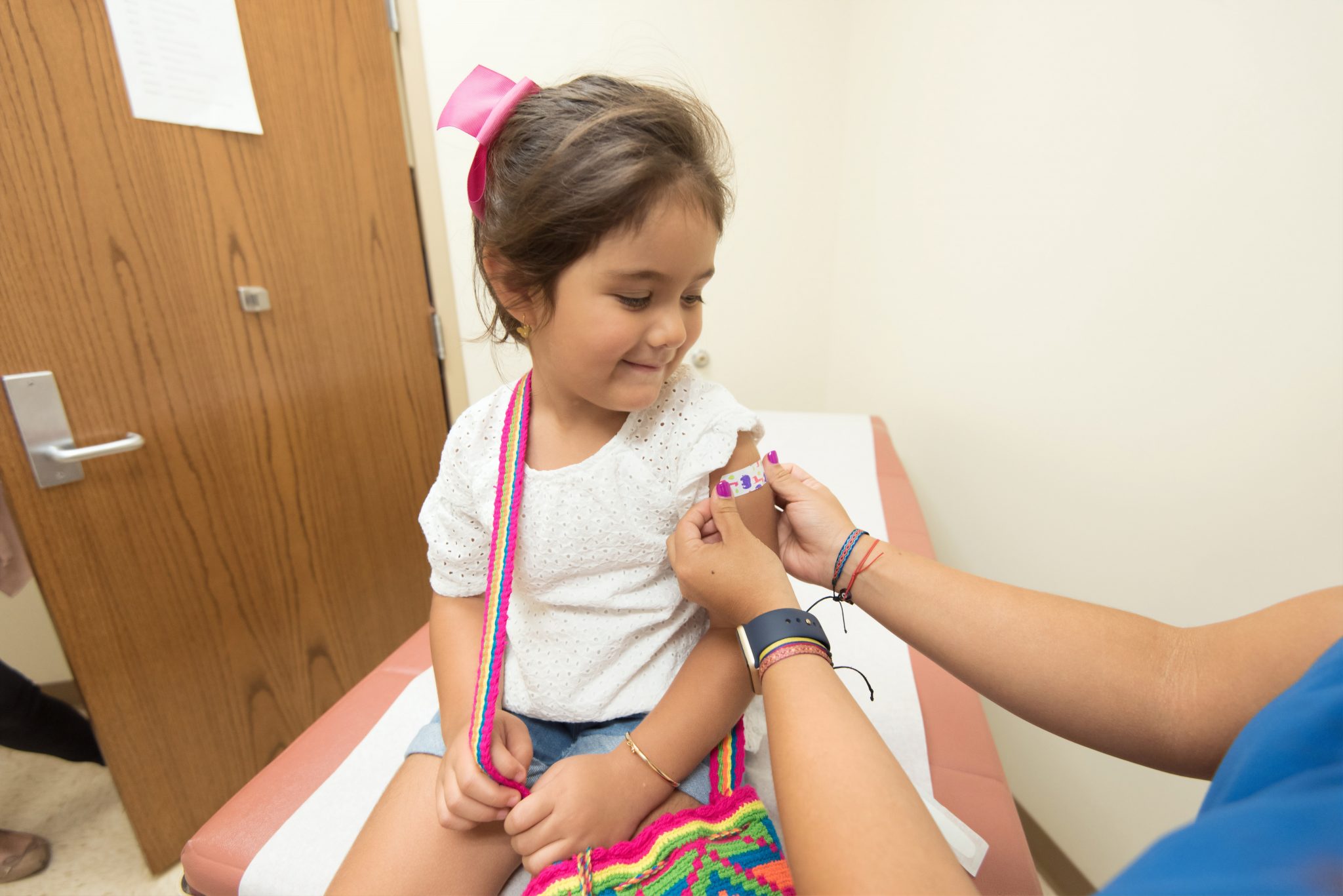Six Tips for this Cold and Flu Season

School is back in session and extracurricular activities are ramping up again, which means cold and flu season is around the corner. As we head into another season with COVID-19, it’s time to think about how we can avoid colds, coughs, and running noses.
Dr. Renee Fernandez MD, CCFP is a Family Doctor, Executive Director of BC Family Doctors and a mom of two who shared her insights and tips with us on how to stay healthy, minimize the spread of colds and flu between kids at school and daycare, and to keep everyone healthy at home.
Wash Your Hands
Handwashing is the most important way to reduce the spread of colds. Kids often touch their mouths and faces, so try to encourage your kids to wash their hands with soap and water regularly. When water and soap are not available, you can use alcohol-based hand sanitizer.
Get Enough Sleep
Depending on their age, children need between 9 and 14 hours of sleep a night. Most parents could use also more sleep themselves. When we’re sleep-deprived, our immune system has a harder time doing its job and our risk of sickness increases. Getting enough sleep puts our body in the best position to protect itself.
>> How to get a good night’s sleep as a mom
Engage in Physical Activity

Indoors or outdoors, kids need regular exercise to boost their immune systems. Studies have shown that being active can help reduce cold and flu episodes for kids (and parents)! Dress for the weather, grab a water bottle and get outside to a local park or playground to burn off some energy and stay healthy.
>> Five beautiful family fall walks
Don’t Share Germs
We might tell our kids that ‘sharing is caring,’ but not when it comes to viruses and bacteria. Teach kids to cover their nose and mouth with tissues when they sneeze or cough, or to cough into their upper sleeve or elbow. Avoid sharing straws and cups, caps and scarves, or anything that comes in contact with their mouths and faces.
Immunizations

Children under the age of 12 can’t yet receive their COVID-19 immunizations. But it’s important to ensure your child receives all of the other recommended immunizations, including a flu (influenza) shot. Vaccines won’t prevent colds, but they will help prevent some of the complications, such as bacterial infections of the ears or lungs.
Although eating healthy has a number of benefits and is important for how we function, Dr. Renee Fernandez shared with us that, “Sadly, there are no foods, supplements or vitamins that have been proven to be safe and effective at preventing colds and flu or strengthening kids’ immune systems. The best prevention is the basics described in the tips above.”
For more information from Dr. Renee Fernandez follow @DrRFernandez and visit www.bcfamilydocs.ca
Jenn Wint is a writer, communications strategist and a public relations specialist. She is passionate about storytelling and community. Jenn lives in East Vancouver with her husband, 3yo son and 1yo daughter. You’ll find them hanging around Vancouver’s playgrounds, water parks, coffee shops and anywhere that bakes fresh cookies in-house!




















